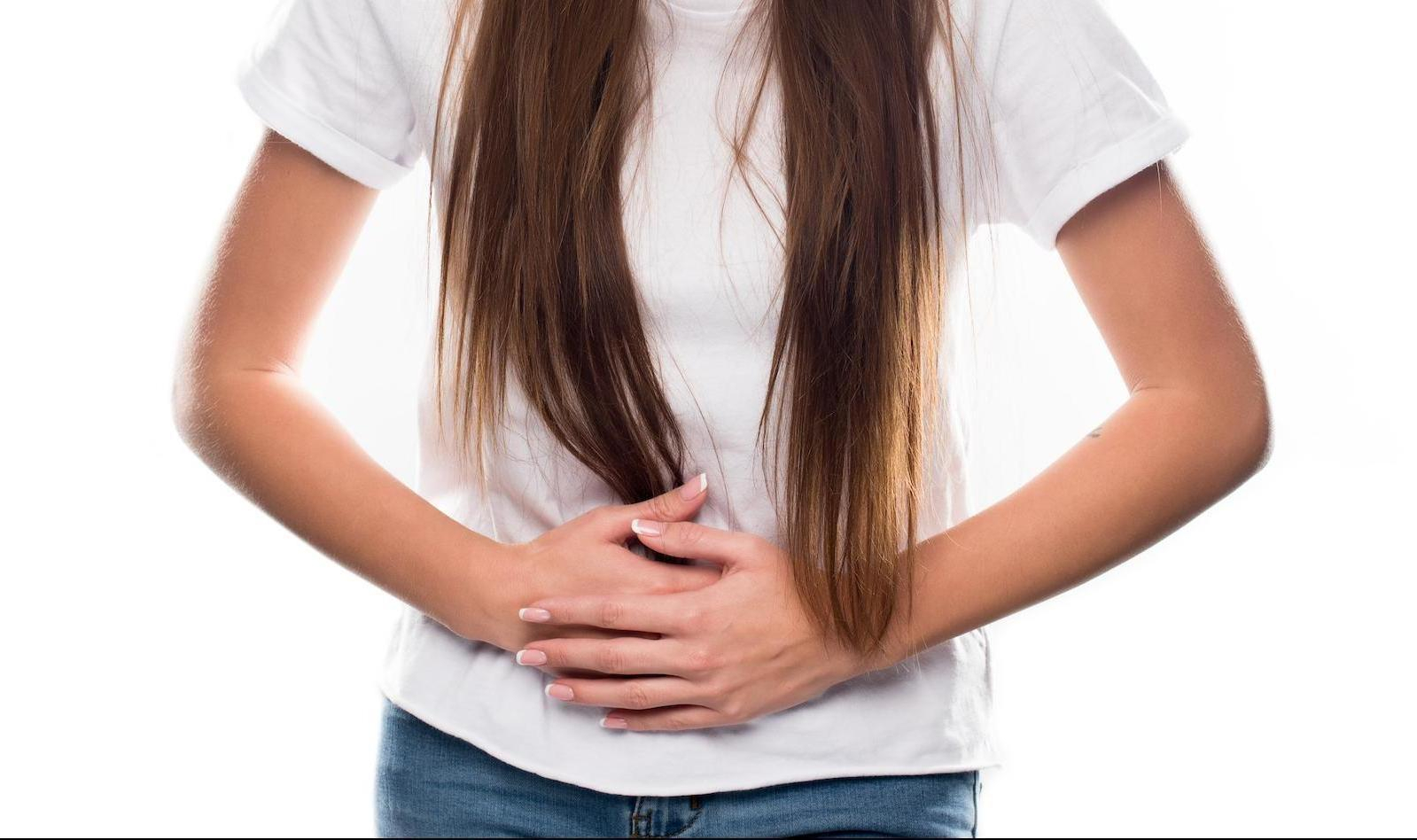All disease begins in the gut. — Hippocrates. This statement was made more than 2,000 years ago, and mainstream medicine is only now recognising the importance (and truth!) of this statement. It’s hard to believe we have gone this long without recognising the integral part that the gut plays in keeping our whole body healthy!

The human gut is home to approximately 100 trillion microorganisms, referred to as the gut microbiome. There are many things we can do to help improve our gut health, most of them being very easy to implement.
6 EASY WAYS TO IMPROVE GUT HEALTH
1. Fermented foods
Fermented foods are made by microbes - usually bacteria and yeast. Fermenting mostly involves bacteria or yeast converting sugar in food to organic acids or alcohol. Plain, natural yoghurt, kimchi, sauerkraut, sourdough, kefir, kombucha or fermented soy are all great sources of fermented foods, are easily sourced and can be a tasty addition to the diet. Make sure that you find an unpasteurised source - if it can sit on the shelf on the supermarket for months, it’s not a live food.
Read more about fermented foods
2. Improve your diet
The key to cleaning up your diet is a diverse selection based on vegetables, high-quality proteins (preferably grass fed and organic), and omega-3 fats. Quitting refined sugars and processed food goes a long way to helping. Organic is always a good idea - reduce
3. Add pre and probiotics
Prebiotics are found in foods and supplements with soluble fibre and are non-digestible food ingredients that probiotics can feed off. Examples of fermentable fibre foods are onions, garlic, along with beans and legumes, bananas, raw and cooked onions, raw garlic, sweet potatoes, broccoli, Brussel sprouts, and asparagus.
Probiotics are live, active bacteria such as the bacteria you find in good quality yoghurts. As live bacteria they can be effected by acid and heat, so it’s difficult for them to survive through the whole digestive tract.
3. Limit antibiotics and pharmaceutical drugs
Antibiotic and non-antibiotic medication like birth control, proton pump inhibitors, and NSAIDs can have a negative impact on the gut microbiome. The key is in the name - antibiotics kill bacteria that we do not want in our body but more often than not, it kills the good along with the bad! Some research is now showing that the gut is effected even 6 months after the antibiotic consumption.
4. Stress management
If you find yourself overwhelmed and stressed it’s time to work on some stress management techniques! Studies have suggested that psychological stressors can disrupt the microorganisms in the intestines, including psychological stress, extreme physical stress (high heat, cold or noise). We cant avoid stress but to help manage it try mediation, relaxation techniques or exercise like yoga or tai chi.
5. Remove artificial sweeteners
Some research has shown that artificial sweeteners (such as those found in diet drinks, toothpaste, chewing gum) can negatively affect the gut microbiota, by changing the balance within it. It’s still not clear how or why or the impact it’s having but studies show that it can influence weight (negatively!), increase insulin resistance and glucose intolerance and impact the balance of microbes in the GAT. Artificial sweeteners have been linked to an increase in risk factors for heart disease, including stroke and dementia.
6. Get enough sleep
Irregular sleep patterns, sleep deprivation and disruption of the circadian rhythm can effect gut health so it’s important to try to have regular and restful sleep cycles. Try to get 7-8 hours a night (not always possible), limit blue light exposure (screen time) and limit caffeine and alcohol before bed. Try meditation before bed instead of TV time.
References
www.ncbi.nlm.nih.gov/pmc/articles/PMC5390821/
Jumpertz R, Le DS, Turnbaugh PJ, Trinidad C, Bogardus C, Gordon JI, Krakoff J. Energy-balance studies reveal associations between gut microbes, caloric load, and nutrient absorption in humans. Am J Clin Nutr 2011; 94:58-65; PMID:21543530; http://dx.doi.org/10.3945/ajcn.110.010132
Goldsmith JR, Sartor RB. The role of diet on intestinal microbiota metabolism: downstream impacts on host immune function and health, and therapeutic implications. J Gastroenterol 2014; 49:785-98; PMID:24652102; http://dx.doi.org/10.1007/s00535-014-0953-z
Wang Z, Klipfell E, Bennett BJ, Koeth R, Levison BS, DuGar B, Feldstein AE, Britt EB, Fu X, Chung YM, et al. Gut flora metabolism of phosphatidylcholine promotes cardiovascular disease. Nature 2011; 472:57-63; PMID:21475195; http://dx.doi.org/10.1038/nature09922 https://www.ncbi.nlm.nih.gov/pubmed/23850261/
Artificial sweeteners produce the counterintuitive effect of inducing metabolic derangements.
https://www.ncbi.nlm.nih.gov/pubmed/28716847
Nonnutritive sweeteners and cardiometabolic health: a systematic review and meta-analysis of randomized controlled trials and prospective cohort studies.
https://www.ncbi.nlm.nih.gov/pubmed/22412070/
Sweetened beverage consumption, incident coronary heart disease, and biomarkers of risk in men.
https://www.ncbi.nlm.nih.gov/pubmed/28428346
Sugar- and Artificially Sweetened Beverages and the Risks of Incident Stroke and Dementia: A Prospective Cohort Study.

